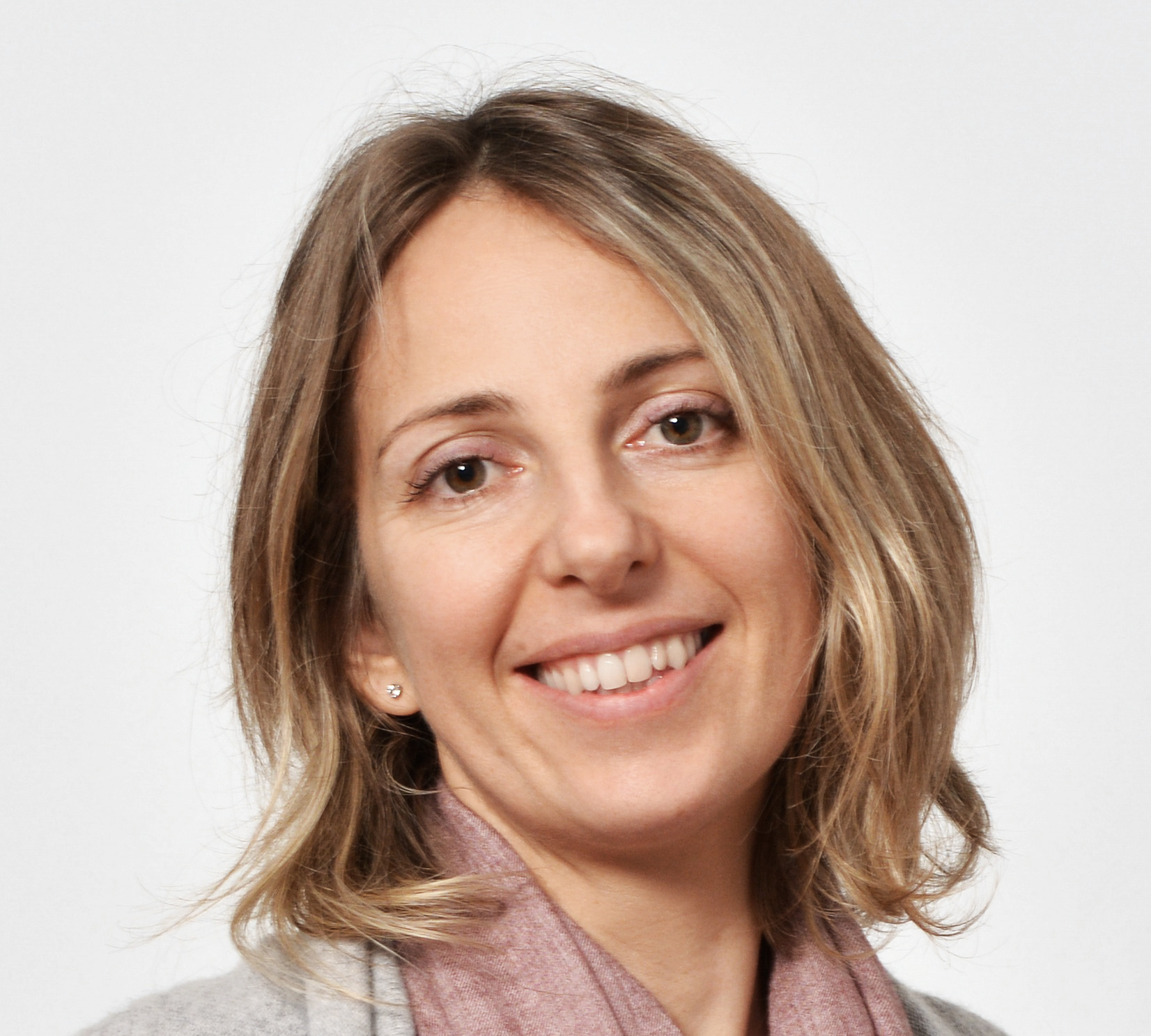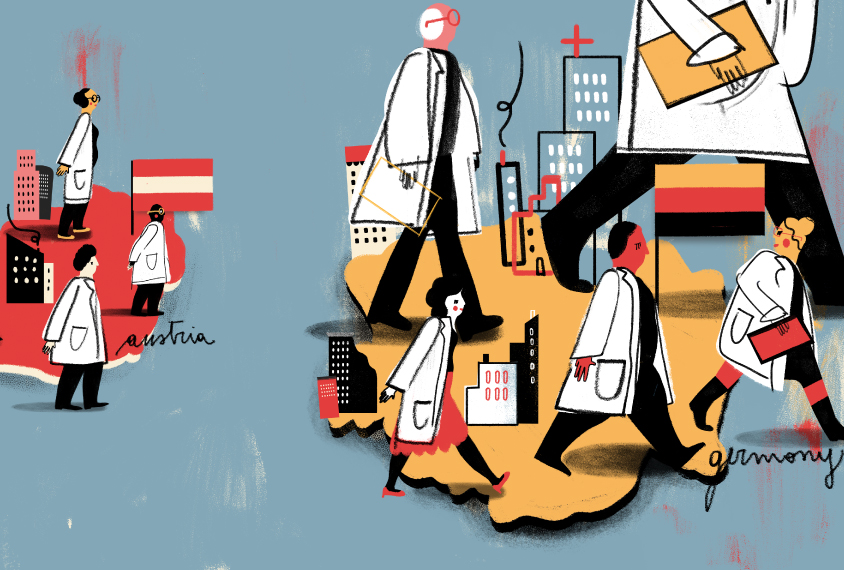Gaia Novarino is professor of neuroscience at the Institute of Science and Technology in Klosterneuburg, Austria.

Gaia Novarino
Professor
Institute of Science and Technology
From this contributor
How to run a lab from home during a pandemic
While much of the world's operations have sputtered to a halt, some labs have found ways to keep science moving forward.
How Austria can restore its status as a center of autism research
Austria must train more autism specialists, expand its research funding and build more centers for autism diagnosis and treatment.

How Austria can restore its status as a center of autism research
Explore more from The Transmitter
Dendrites help neuroscientists see the forest for the trees
Dendritic arbors provide just the right scale to study how individual neurons reciprocally interact with their broader circuitry—and are our best bet to bridge cellular and systems neuroscience.

Dendrites help neuroscientists see the forest for the trees
Dendritic arbors provide just the right scale to study how individual neurons reciprocally interact with their broader circuitry—and are our best bet to bridge cellular and systems neuroscience.
Two primate centers drop ‘primate’ from their name
The Washington and Tulane National Biomedical Research Centers—formerly called National Primate Research Centers—say they made the change to better reflect the breadth of research performed at the centers.

Two primate centers drop ‘primate’ from their name
The Washington and Tulane National Biomedical Research Centers—formerly called National Primate Research Centers—say they made the change to better reflect the breadth of research performed at the centers.
Post-infection immune conflict alters fetal development in some male mice
The immune conflict between dam and fetus could help explain sex differences in neurodevelopmental conditions.

Post-infection immune conflict alters fetal development in some male mice
The immune conflict between dam and fetus could help explain sex differences in neurodevelopmental conditions.
